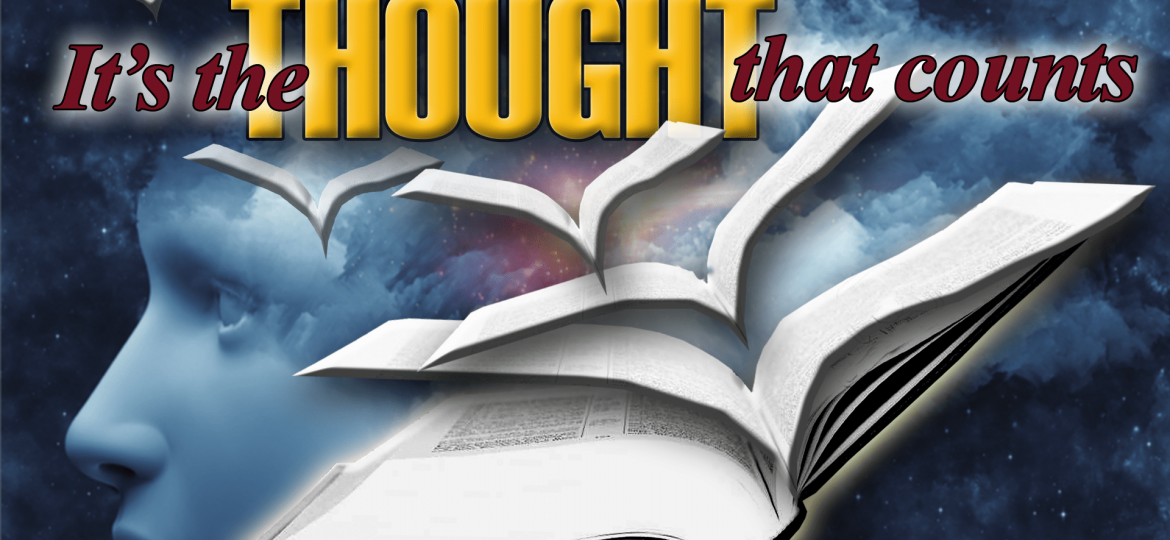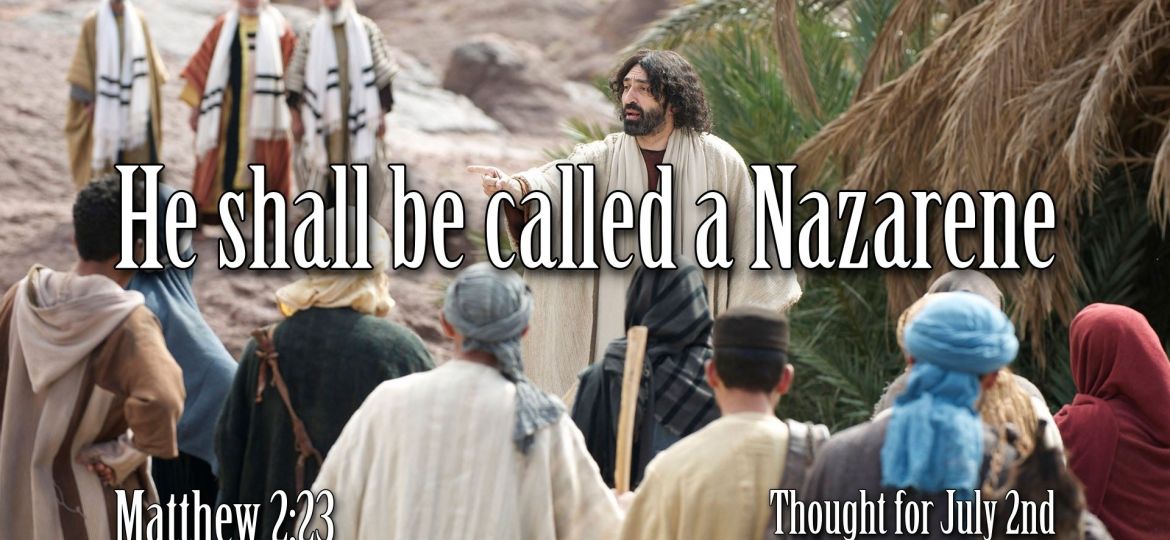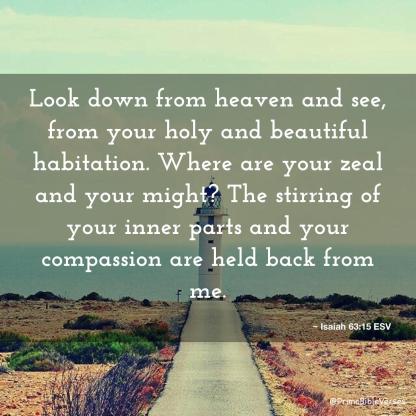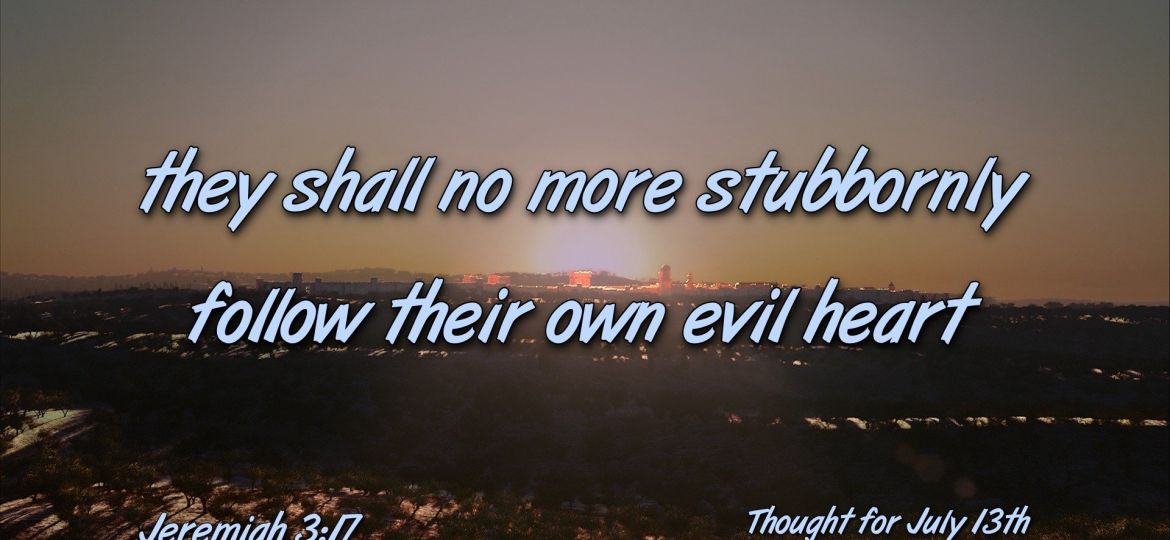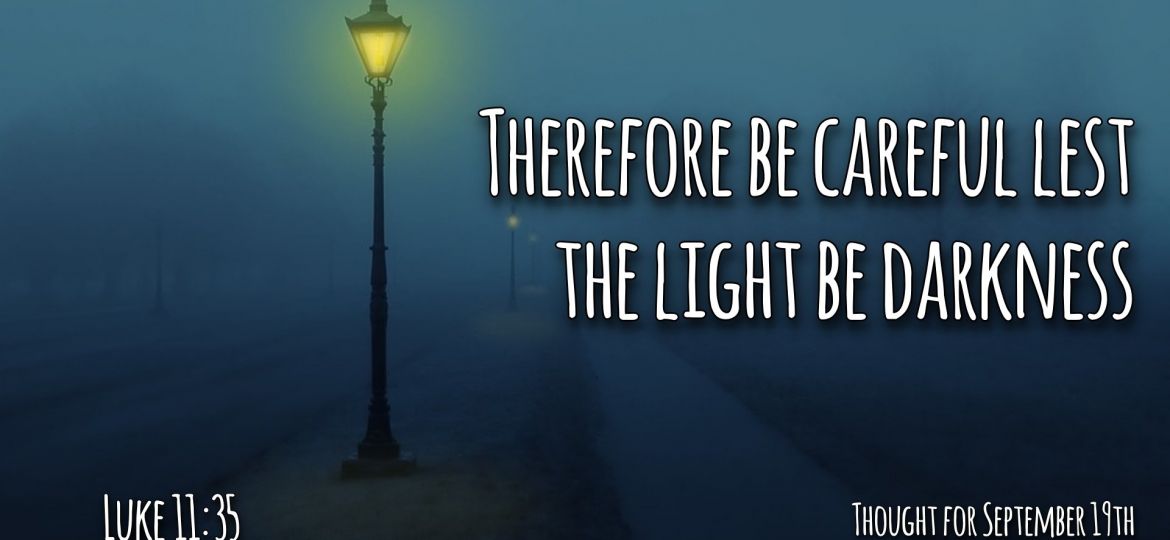Although it was a principle under the Law of Moses for those serving in the Tabernacle (we are also reading about) to have all their needs provided – and, says Paul, “the Lord commanded that those who proclaim the gospel should get their living by the gospel” [v.14],he says, “I have made no use of any of these rights” [v.15].
Then comes a most significant comment, “Woe to me if I do not preach the gospel! For if I do this of my own will, I have a reward …” [v.16,17] Our aim has always been to follow Paul’s example; the so called ‘christian’ world has far too many examples of those who have become wealthy through preaching work! Furthermore, so many embellish some areas of the original message – our daily reading is a ‘cure’ for any inclination we have to do this.
Paul asks, “What then is my reward? That in my preaching I may present the gospel free of charge … I have made myself a servant to all, that I might win more of them.” [v.18,19] He appeals to the example (especially in Greece) of those whose ambition is to be top athletes and who train to “receive the prize” [v.24], but Paul is seeking the wonder of the ‘prize’ that God alone can give!
As a spiritual athlete he “exercisesself-control in all things.” He is the outstanding example for us – and notice the powerful point he makes in comparing himself with athletes! “They do it to receive a perishable wreath, but we an imperishable” – an eternal reward. Therefore we should be inspired to exercise, as Paul was inspired, specially noting how this chapter concludes. He states his determination to “discipline my body and keep it under control, lest after preaching to others I myself should be disqualified.”
Paul warned in the last chapter of the final letter he wrote, “the time is coming when people will not endure sound teaching, but having itching ears they will accumulate for themselves teachers to suit their own passions” [2 Tim 4 v.3]. John said the same in his 2nd letter, “Everyone who goes on ahead and does not abide in the teaching of Christ, does not have God” [v.9]
So let us exercise “self-control in all things” so that we are in no danger of being “disqualified.”
[vc_column_text]
[ytp_video source=”awFNsrU8vP0″][/vc_column_text][/vc_column][/vc_row]



